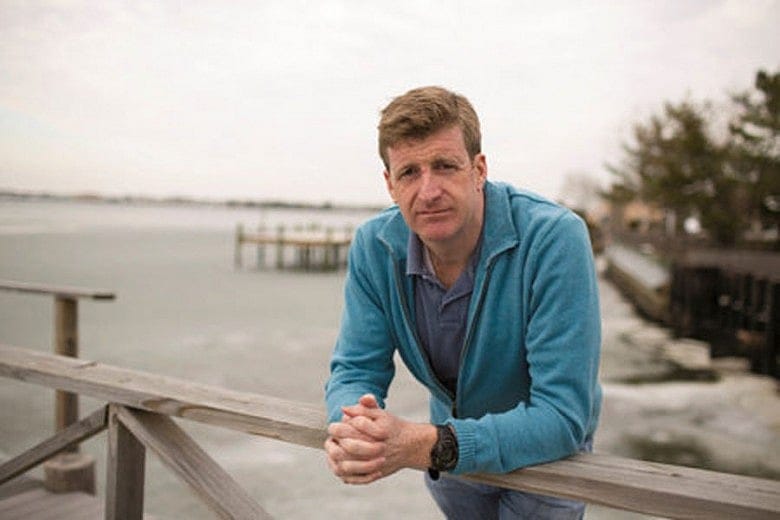Patrick Kennedy and the politics of honesty

By any standard – the physical and metaphysical – former Congressman Patrick Kennedy (D-R.I.) should not be alive today considering the extreme comorbidity of his mental illnesses and addictions.
That is one of several conclusions one might reach from Kennedy's extraordinarily engrossing memoir, "A Common Struggle" (Blue Rider). The book debuted at number three on The New York Times combined Print and E-book non-fiction list on October 25.

